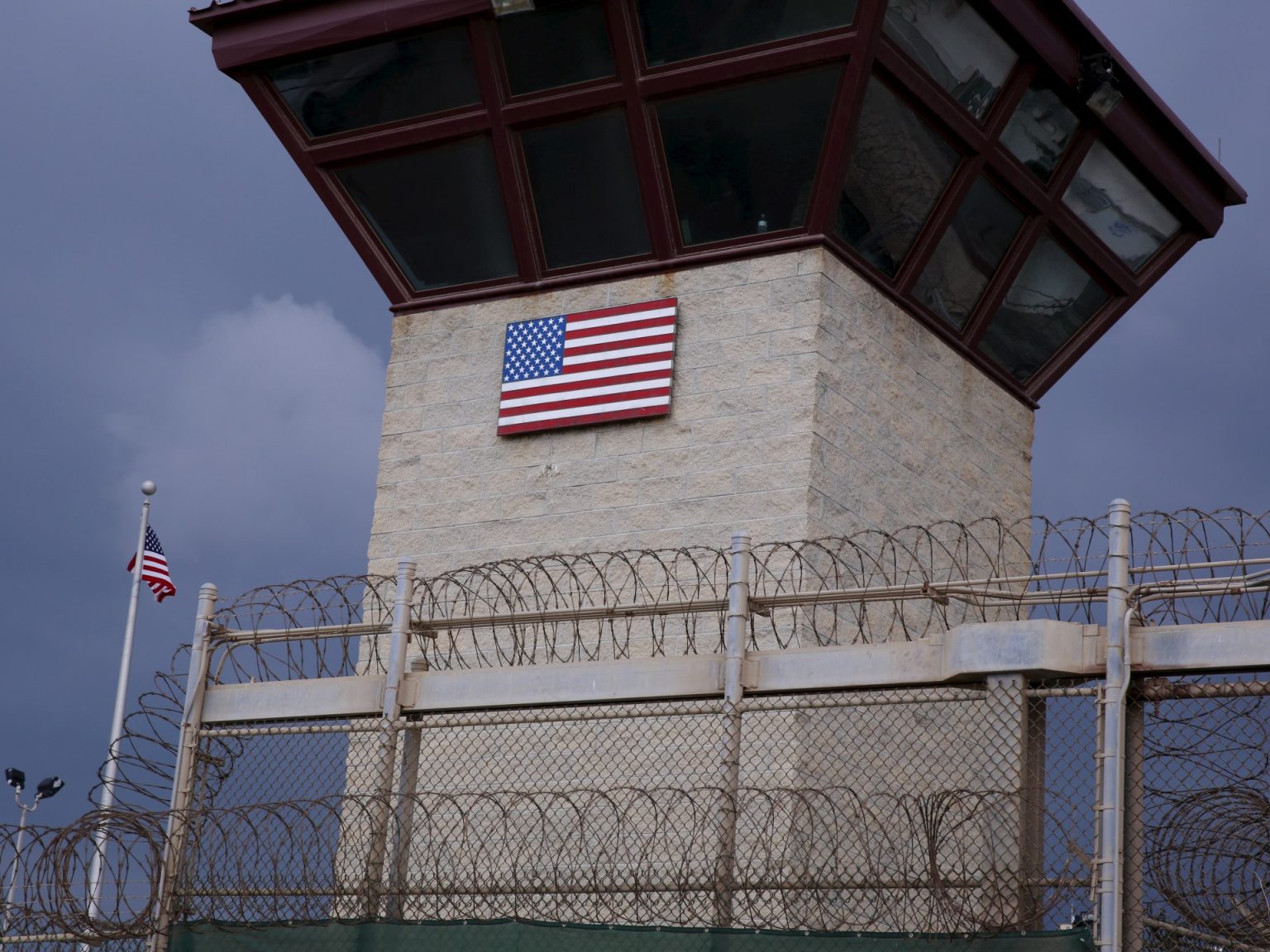A United States military judge has ruled that plea agreements reached with the alleged plotters of the September 11, 2001, attacks are valid, reversing an order made by Defense Secretary Lloyd Austin to rescind the agreements. The accused men, including Khalid Sheikh Mohammed, the alleged mastermind, may now be sentenced to life in prison instead of facing the death penalty as previously agreed. The judge, Air Force Colonel Matthew McCall, ordered that Mohammed and two others can now appear before his court to enter pleas, with a timetable for this yet to be set.
The military judge argued that while Austin had the authority to supervise the process of the case, he did not have the legal power to rescind the plea deals as the defense minister. The Pentagon is currently reviewing the judge’s decision, and prosecutors have not yet commented on the ruling, which has not been publicly announced. The cases of the accused have been mired in years of litigation over the torture of the defendants by the CIA, further complicating the legal proceedings.
Pretrial hearings have been scheduled at Guantanamo Bay for another defendant, Ammar al-Baluchi, who has not reached a plea deal, while the fifth defendant, Ramzi bin al-Shibh, was found incompetent to stand trial last September. A forensic psychiatrist is expected to testify on whether the defendants made their confessions under torture or voluntarily after years in CIA prisons. The cases are expected to take a long time before reaching a conclusion, with potential appeals on various issues likely, including the destruction of interrogation videos by the CIA.
Khalid Sheikh Mohammed, Walid bin Attash, and Mustafa al-Hawsawi, the accused men in the 9/11 attacks case, have been held in various secret CIA prisons before being transferred to Guantanamo Bay for trial. Mohammed, once a trusted man of al-Qaeda chief Osama bin Laden, was captured in Pakistan in 2003 and spent three years in secret CIA prisons. Bin Attash, a Saudi of Yemeni origin, allegedly trained some of the hijackers involved in the attacks, and al-Hawsawi is suspected of managing the finances for the attacks. Both were also held in secret CIA prisons before being transferred to Guantanamo.
The legal battles surrounding the 9/11 case have been ongoing for years, with multiple appeals likely even after potential verdicts and sentences are reached. The destruction of CIA interrogation videos and the issue of torture of the defendants are just some of the issues that will need to be addressed. The cases of the accused, including Khalid Sheikh Mohammed, who has been considered the mastermind behind the attacks, are complex and may take a significant amount of time before a resolution is reached. The recent ruling by the military judge regarding the validity of the plea agreements has added another layer of complexity to the ongoing legal proceedings.













